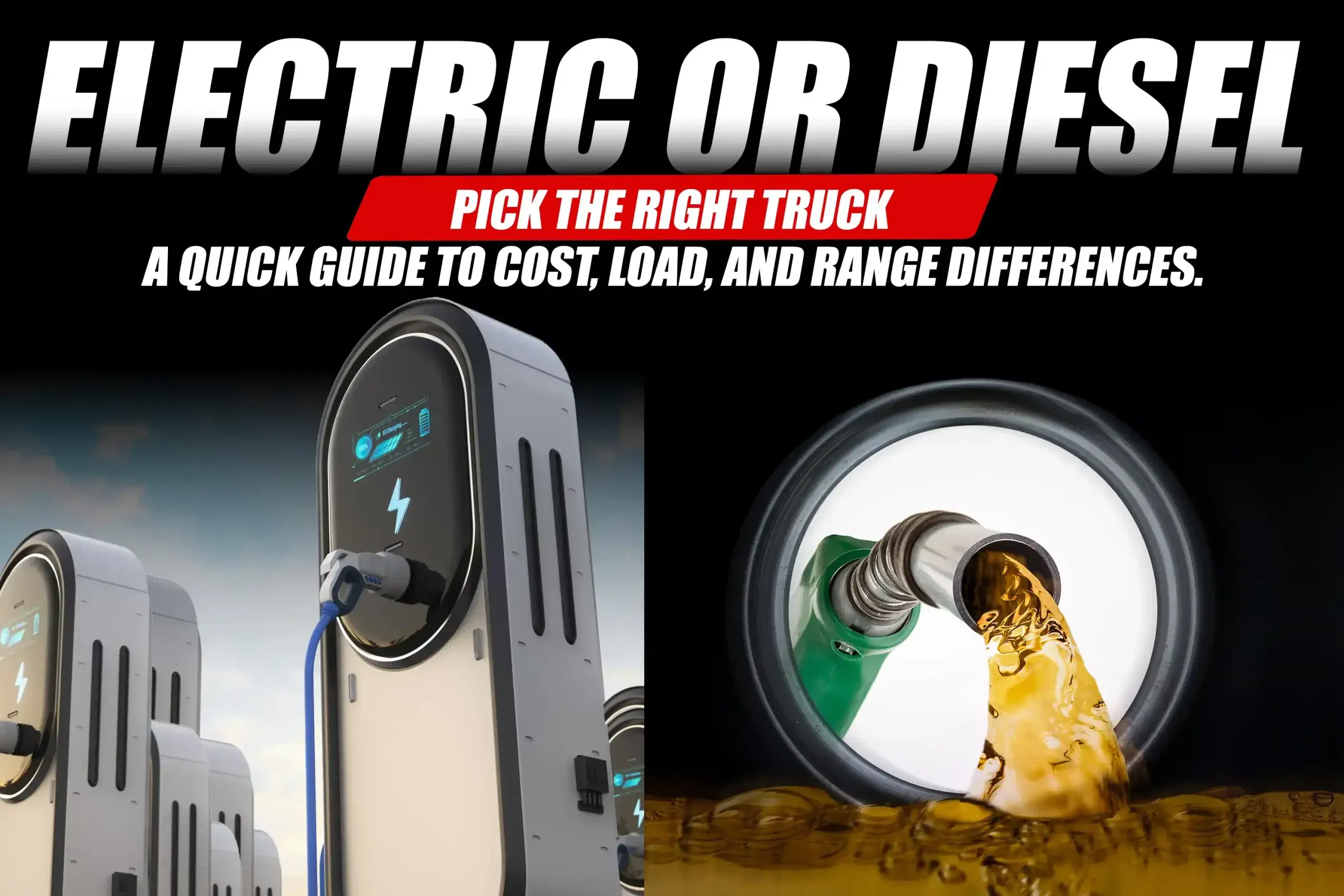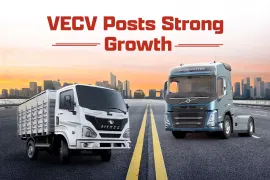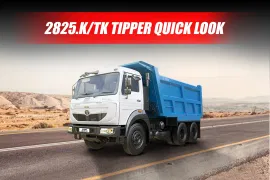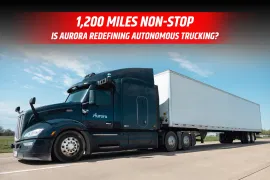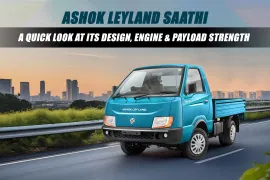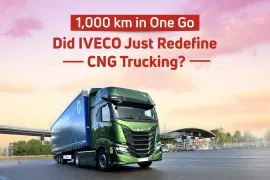Diesel Trucks are the backbone of logistics. You see them everywhere, from buzzing city streets to endless highways. But lately, a new contender has been trying to take its place: electric trucks. Can these battery-powered trucks actually replace diesel trucks, or are they more of a niche option?
In this article, we’ll discuss whether electric trucks are capable enough to replace traditional trucks.
Electric vs Diesel Trucks: A Quick Look
At first glance, electric and diesel trucks might look similar. But under the hood, they are completely different vehicles. Electric trucks are perfect for short hauls. Diesel trucks are marathoners, built to keep going for hours hauling tons of cargo without breaking a sweat.
Electric vs Diesel Trucks: Ideal Applications
Electric trucks do best in urban areas. Think last-mile deliveries, moving goods across town, or shuttling stuff regionally. The instant torque makes stop-and-go traffic less of a headache. Diesel trucks, on the other hand, thrive on long hauls. They are the workhorses for cross-country routes, able to handle heavy loads without worrying about a recharge every couple of hours.
Electric vs Diesel Trucks: Cost Comparison
Electric trucks will leave a bigger hole in your wallet at purchase time because batteries are expensive. Diesel trucks, comparatively, are cheaper up front. But if you stick with the electric trucks long enough, the numbers start looking friendlier. Electricity is cheaper than diesel, maintenance is simpler because there are fewer moving parts, and regenerative braking even saves your brakes. Diesel trucks rack up more costs over time because of fluctuating fuel prices and expensive maintenance when compared to EV trucks.
Electric vs Diesel Trucks: Fueling and Range
Electric trucks need charging, which takes time. They work best when routes are predictable and overnight charging is possible. Diesel trucks refuel fast and there are fuel stations almost everywhere. This makes diesel trucks a practical option when your cargo needs to travel long distances.
Electric vs Diesel Trucks: How They Perform
Ever noticed how electric trucks take off like a rocket from a stoplight? Instant torque. Very satisfying if you are doing city deliveries. The downside: those batteries are heavy, which can cut into cargo space. Diesel trucks are slower to kick in but offer steady, powerful performance, perfect for pulling heavy trailers or driving up mountain passes.
Conclusion
Diesel trucks are still the champions of endurance and brute strength, while electric trucks are nimble, quiet, and cheaper to run over short distances. For fleets, the best approach might not be choosing one over the other but finding the sweet spot where each excels.
- Stay updated with 91trucks for more articles and news.
- Subscribe to our YouTube channel.
- Follow us on Facebook, Instagram, and LinkedIn.
Web Stories
Latest Trucks News
Categories
91trucks is a rapidly growing digital platform that offers the latest updates and comprehensive information about the commercial vehicle industry.
